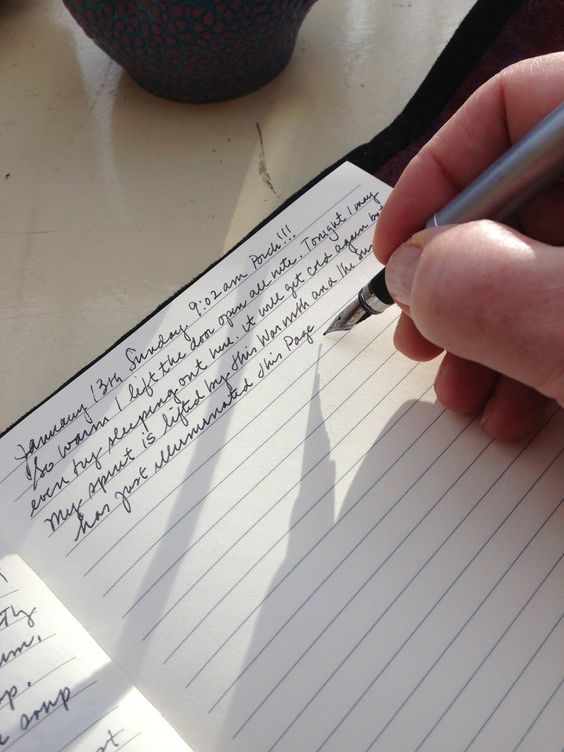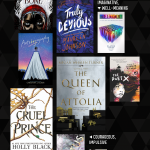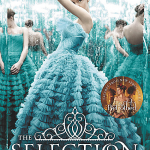I wrote my first book when I was only 9 years old. It was a cliche story of a boy who found a dinosaur egg. It was really easy to write because I wasn’t thinking about a well-designed, character-driven plot or unexpected events. But I was really proud of myself, so I decided to continue.
At the age of 14, I was struggling to write my second book. Why though? I was trying to create the most unique plot and best-written characters in the story (it didn’t go well, to be honest). But worst of all; I didn’t know how to start, how to consider the main idea of the story and how to motivate myself to continue. I had no one to give me advice or explain to me what I should do.
Writing a book is an extremely long and exhausting process. The fact is, there is no single, proven, error-free formula for a bestseller. And anyone who says otherwise is lying. But there are a few tips I’m going to share with you if you want to avoid the mistakes of myself at 14. Here we are!
Set a realistic deadline
The main purpose of timelines is to make our plans more precise and specific. Setting deadlines helps us manage our time wisely and get results exactly when we need them.
I know sticking to the rules isn’t the best idea, but putting things aside for an abstract future is just wasting time. You need limits, otherwise you will never realize your plans. Psychologically, it was easier for me to write, knowing that after a while I would control the results of my efforts.
write for yourself
When you write a story, you must first write it for yourself. If you yourself are not very intrigued by the story you have invented, the others will not be even more interested. But if you yourself are interested in knowing what will happen next, on the next page, in the next chapter, then you will certainly not be alone in this case.
Finding your reader and getting your ideas across to them is very important, but you can’t expect all of your readers to always be happy with what you write. 
Create a Comfort Character
Often, the hero really becomes that locomotive that pulls all the plot composition together, as the reader is interested in reading the exact character. Most people associate with the main character and therefore it is very important to create a character that everyone can relate to.
“True truths come from human hearts. Don’t try to pitch your ideas to the reader. Instead, try describing your characters as you see them. Take something from one person you know, something from another, and you create yourself a third person that people can look up to and see something they understand. ~William Faulkner from an interview taken from the Daily Princetonian, 1958

learn typing
Around this stage, if you have not been able to begin to master the technique of blind typing, it is an obligatory working tool for a novice author, for whom the ability to type quickly, without being distracted by such trifles as finding the letter “g” or a question mark, is an essential requirement for successful work on a manuscript.
Specialized services help you learn to type with minimal errors. There are many similar services, and you should find them on Google and try different options.
Don’t Dress Up Your Vocabulary
Always remember that it is very important for the reader to completely immerse themselves in the story that the writer presents to them. And using complex words and phrases will complicate this process.
“One of the really bad things you can do to your writing is dress up the vocabulary, looking for long words because maybe you’re a little ashamed of your short words. It’s like dressing up a pet. in formal attire. The animal is embarrassed, and whoever did this act of premeditated kindness should be even more embarrassed. ~Stephen King, On Writing: A Memoir of the Craft

Lily. Lily. Always read
Stephen King advises you to write and read constantly in your spare time. This strategy has no drawbacks: the books tell interesting stories, transfer them to the past, the future or even other worlds, show a clear example of how to build a story, reveal characters and conduct a plot.
“Read, read, read. Read it all – trash, classics, good and bad; see how they do it. When a carpenter learns his trade, he does it by observing. Read! You’ll absorb it. Write. If it’s well, you will know. If not, throw it out the window. ~William Faulkner from a 1947 interview with The Western Review

Don’t be afraid of your mistakes
People who are afraid of their faults prefer to act so as not to make mistakes, forgetting that most often doing nothing is a very serious error, leading to much more disastrous consequences than when one acts. You make a mistake, you correct a mistake, you act again, and in the end you get the desired result.
“By the time I was fourteen (and shaved twice a week, whether I needed to or not), the nail in my wall no longer supported the weight of the rejection slips impaled on it. I replaced the nail with a point and continued to write. ~Stephen King

5 Best Writing Tips From All-Time Best-Selling Authors
Jodi Picoult
“When you’re stuck and you’re sure you’ve written absolute rubbish, force yourself to finish and THEN decide to fix it or delete it – or you’ll never know if you can.”
William Faulkner
“Don’t make writing your job. Find another job to have money to buy the things you want in life. It doesn’t matter what you do as long as you don’t rely on money and a deadline for your writing. You will be able to find plenty of time to write, no matter how long your work takes. I’ve never met anyone who didn’t find enough time to write what they wanted.
Andy Weier
“You have to actually write. Dreaming about the book you are going to write one day is not writing. It is dreaming. Open your word processor and start writing”
jack hart
“Any word that doesn’t move a story forward slows it down. Reason enough to avoid swearing. Contrary to popular belief, the term “expletive” refers to a whole class of stop words, not just gratuitous profanity. Most swear words simply fill in the sentence syntax. The most common are “there is”, “there is”, “there was”, “it is”, “it was”, etc. »
Catherine Mansfield
“Looking back, I guess I was still writing. Twaddle was that too. But better to write nonsense or anything, anything, than nothing at all.
Now it’s up to you, the writer, to tell the story. Good luck!






